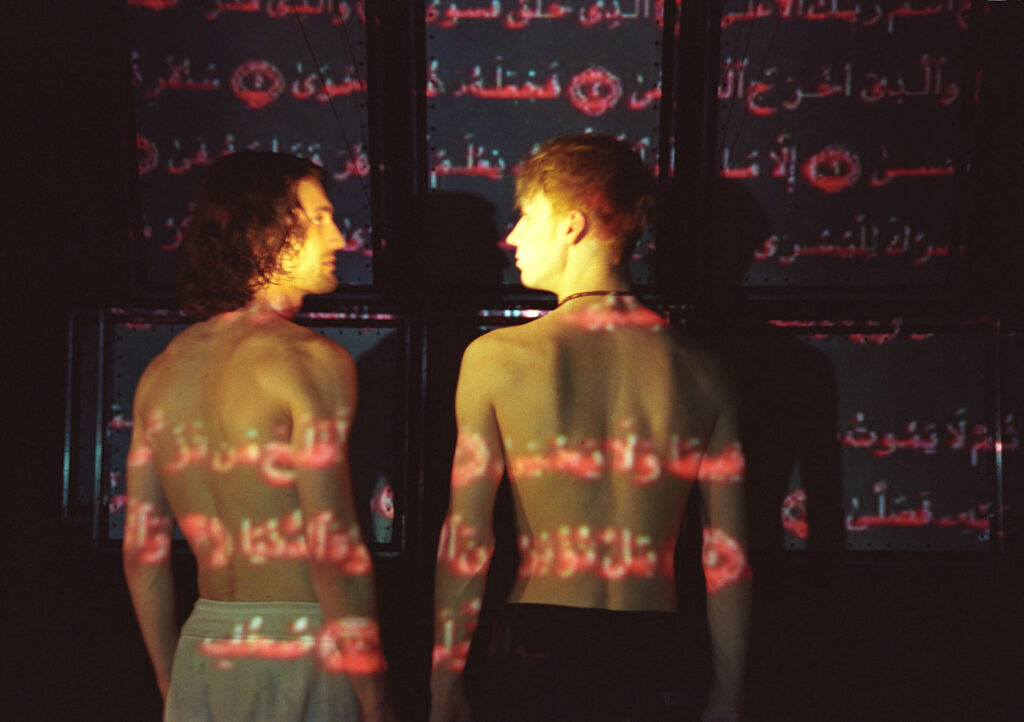Feeling Collapse looks beyond the geopolitical analysis of the collapse of the Soviet Union dominant in Cold War studies, which has neglected to account for the global rise of the new right. The book instead reads collapse through the structures of feeling that shaped the dissolution of the Soviet empire. Feeling Collapse explores waning affective attachments to the idea of the Soviet good-life, including Soviet multinationalism, socialist anticolonial internationalism, and their attendant commitments to a socialist world cultural commons. It does so by rendering legible messy affective networks as they have shifted from socialist emotions in service of a Soviet utopian project to sensorial experiments with modes of belonging. Each chapter discusses a medium from collage to performance to video art produced in the Caucasus and Central Asia from the 1980s through the early 2000s. Characterized by forms of thwarted desire, failure, exhaustion, and death, these works recuperate collapse as a mode of redistributing the sensuous. I ultimately argue that these art experiments shaped new forms of politics and community that focalized around alternative senses of being together in time.

Imitations of the Qurʾan, Ilkhom Theatre, Tashkent, 2002. Photo by Anatoly Rakhimbaev; courtesy of Ilkhom Theatre Archive.